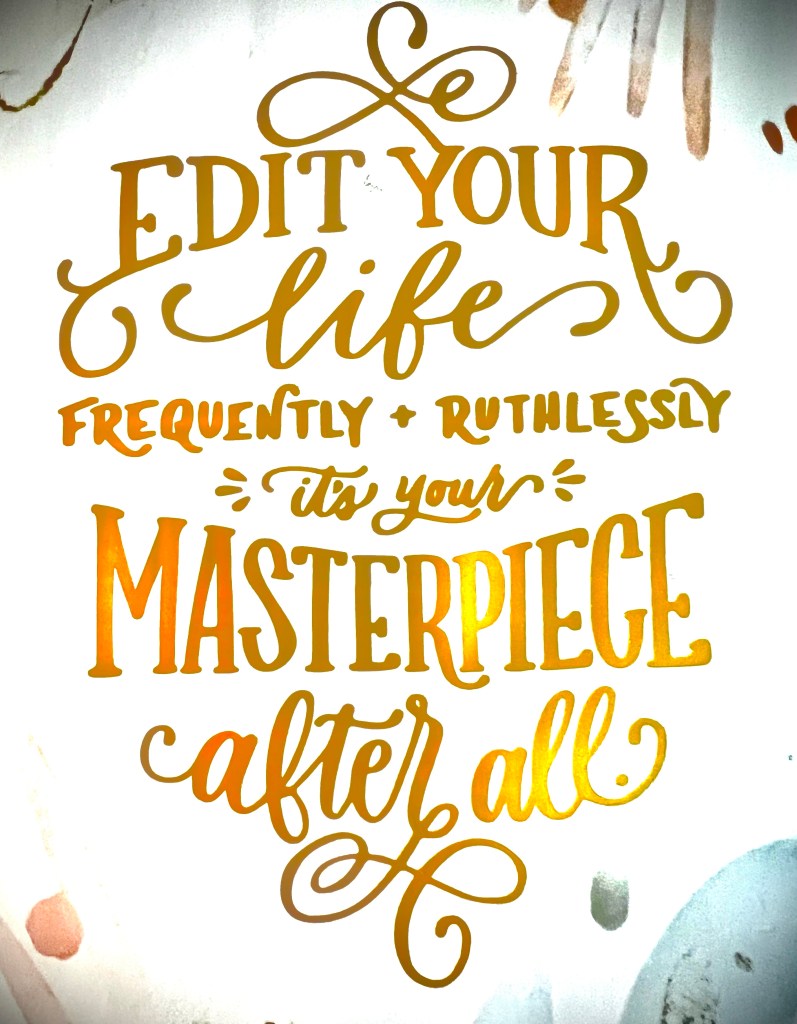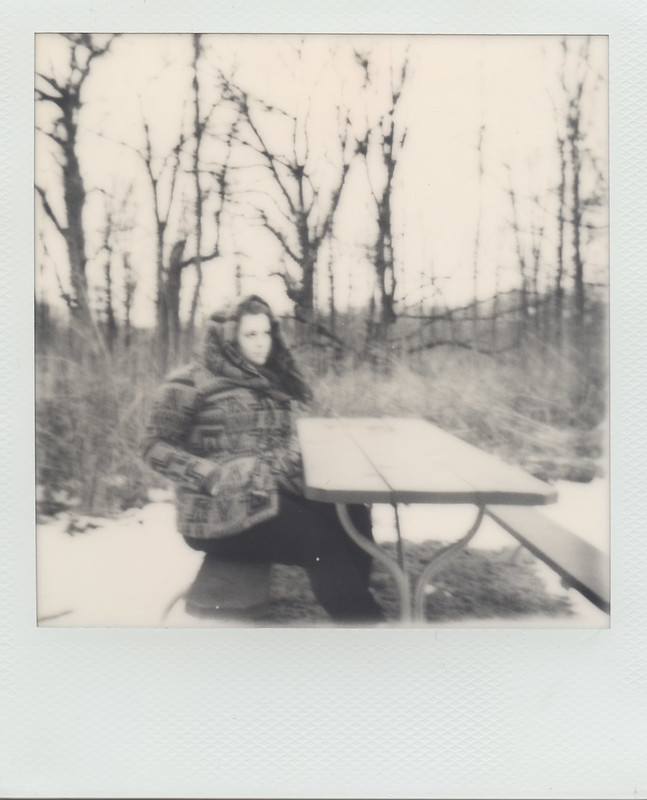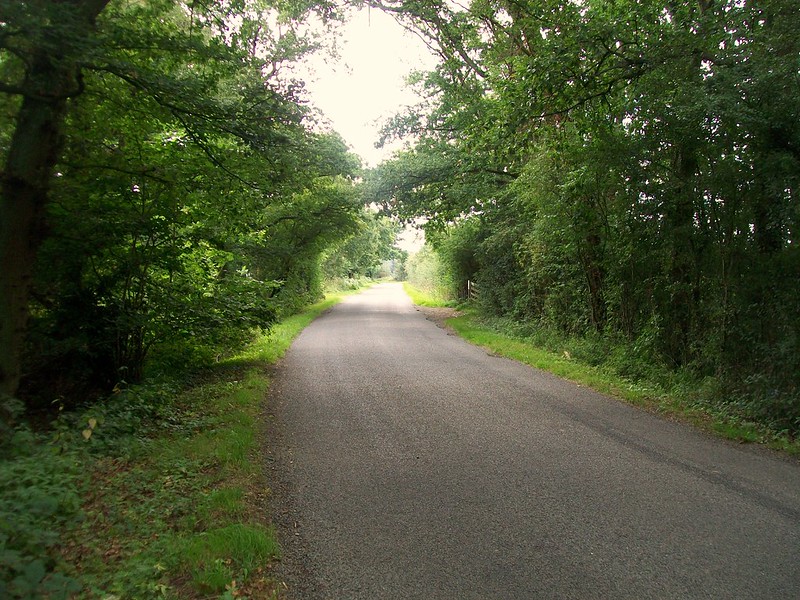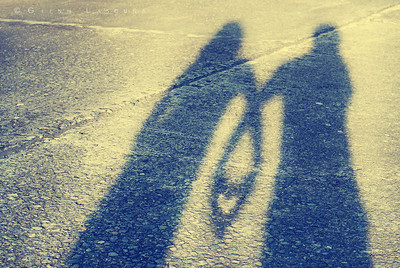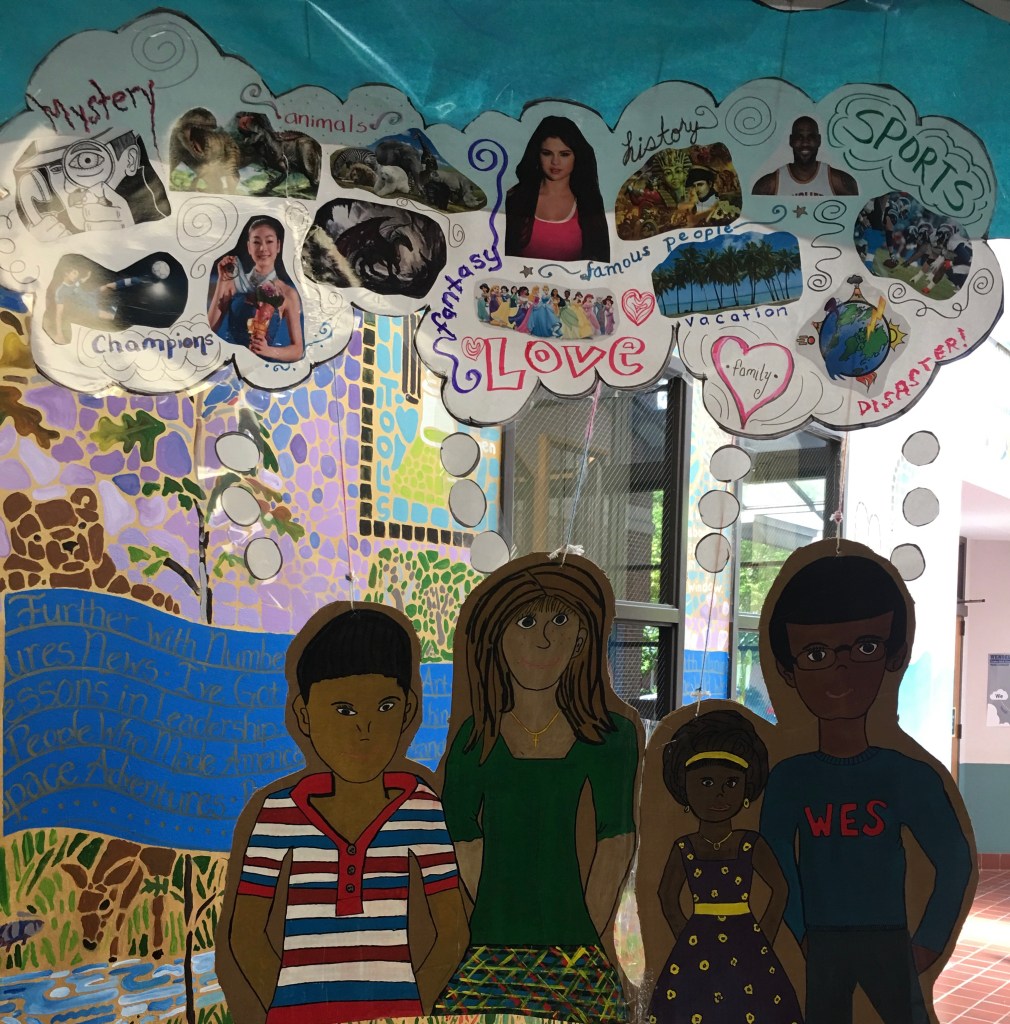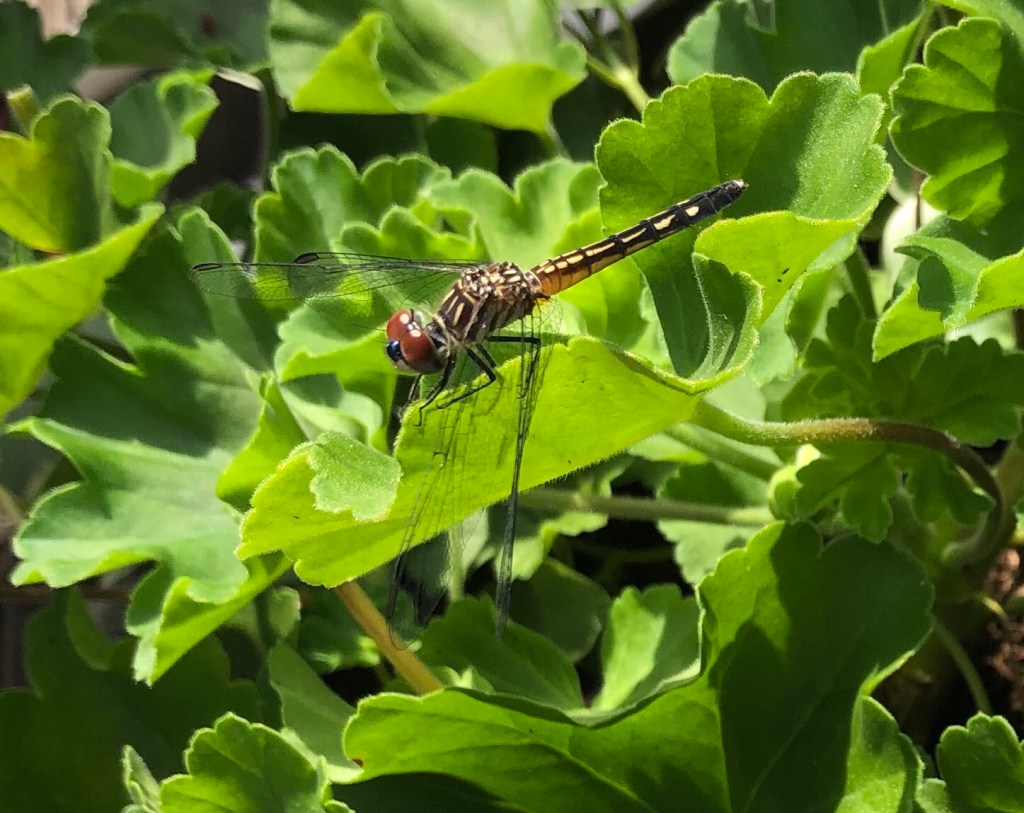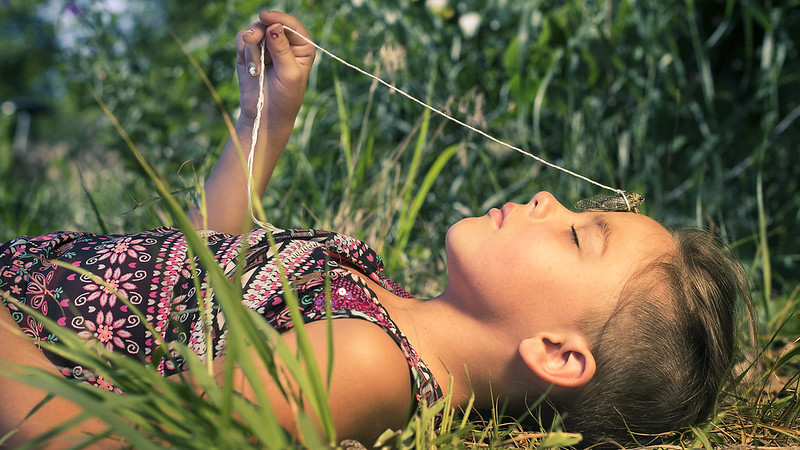September. Days growing notably shorter. Darker mornings. Sun blazing at midday, chorus of feverish buzzing from the treetops, cicadas singing loudest just before the last.
School. Children swathed in masks. Eating lunch all over the building for safe distancing. Even in a recessed section of hallway, sitting on the floor in portable blue plastic seats with built-in tabletops for food. A study in balance. Like seesaws. It takes coordination to stand up without losing what’s left of your lunch.
In the evenings, exhaustion. Everyone expresses it. Everyone. The nightly news drones on: Death and dying. Afghanistan. Hurricane destruction. Epic flooding. Rising COVID cases. Delta variant. And you might want to invest in warm clothing, Viewers. The Farmer’s Almanac predicts an unusually cold winter…it’s being called ‘the season of shivers‘…
Season of shivers. So poetic. I want to make something out of it, turn it around in my hand like a crystal, watch it sparkle in the light. I will hold onto it a while.
Isn’t it already a season of shivers. Church closed again, three weeks to date, as COVID struck a number of our members at once. Granddaughter in kindergarten for a week, now quarantined for two, following an exposure. Colleagues wanting to talk about intervention for students who were kindergarteners and first graders during the last year and a quarter, when instruction went virtual. A frantic clinging to norms when norms are gone. We can’t start with intervention. We must be about reinvention. Daunting.
Children. The most resilient of us all. I am sent to the cafeteria to supervise half of second grade while the other half is spread across the hallway and classrooms. Two to a table, facing the same direction. Cheerful. Chattery. They have to finish eating in time for me to clean all the tables before the next grade level arrives. I am the only staff member present. Normally there are two. Even office staff is pressed into service at lunch time, covering all locations. Skeleton crews, everywhere.
I manage it. The kids are in two lines, masked, lunch boxes in tow, awaiting their teachers. They watch me. They’re not sure what to make of me. They are quiet.
Beyond the propped cafeteria door, a balmy September afternoon. The swelling of cicada-rattles. Loud.
Do you hear that buzzing? I ask.
Nodding of masked heads. Like little bobbers on water.
Do you know which insect makes that sound?
Cockroaches! shouts a boy.
Crickets? offers a girl.
No. It’s a cicada.
They like the sound of the word. They say it aloud: Cicada.
I describe it. With my fingers: This big. Long wings. Hatches underground, climbs to top of trees. That buzzing is made by the males. It’s a love song. Doesn’t sound like a love song, does it?
Giggles. Shaking of heads.
They have questions, but their teachers have come. They must go.
Thank you for telling us about cicadas, says a girl, as her line begins snaking away.
At the door, the last boy stops, turns back: Where is that rattle, on the cicada?
In his belly, I say.
The boy nods. He runs along the sidewalk to catch up with his class.
I stand still in the shadowy silence, this momentary transition, listening to the miniature buzz-saw, helicopter-blade whirring of the cicada congregation. Loudest they’ve been all summer, just as it begins to die.
How well they must understand, cicadas, about the season of shivers.
Shiver. benjaflynn. CC BY 2.0
*******
When I began writing this post, I hadn’t planned on including cicadas. They crept in of their own accord. Because I love them, and their song, I let them stay. I often write of them. Cicadas represent, among other things, personal change and transformation.
Many thanks to the Two Writing Teachers community and the weekly Slice of Life Story Challenge. Sharing our stories is also about personal change and transformation. We grow through it.
